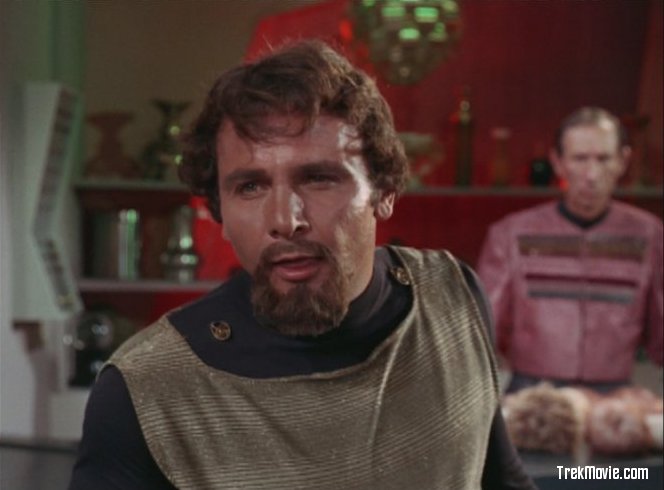 The Wall Street Journal reported that the US is to shelve the plan, which was first mooted by the Bush administration and has been a source of friction with Russia ever since.
The Wall Street Journal reported that the US is to shelve the plan, which was first mooted by the Bush administration and has been a source of friction with Russia ever since.KORAX: Of course, I'd say that the United States deserves Captain Obama. We like him. We really do.
The move would be a cause of celebration in Moscow but of real concern to Eastern European countries which have looked to Washington for support against their former imperial master Russia. The US has said the shield is to guard against attacks by rogue states, such as Iran.
The former Czech prime minister, Mirek Topolanek, said: "This is not good news for the Czech state, for Czech freedom and independence. It puts us in a position wherein we are not firmly anchored in terms of partnership, security and alliance, and that's a certain threat."
The Polish deputy foreign minister, Andrzej Kremer, saidthat Warsaw had heard from different sources there were "serious chances" the anti-missile system would not be deployed.
Russian officials said they did not want to immediately comment on media reports that cited unidentified US officials.
"We are waiting for confirmation of these reports," a source in Russia's foreign ministry said. "In principle, such a development would help the development of our bilateral relations with the United States."
The newspaper said the decision followed a review ordered by Mr Obama. He called the current Czech prime minister Jan Fischer on Wednesday night to discuss missile defence.
Mr Obama, who is due to meet the Russian president Dmitry Medvedev next week in New York, says he wants better ties with Russia so that the two former Cold War foes can co-operate on Afghanistan and reduce the risk of nuclear proliferation.
He may also have been reassured by Moscow's growing willingness to discuss further sanctions against Iran.
KORAX: That idiot couldn't lead his people out of a paper bag. Half the continent knows it. That's why they're learning to speak Russian ...

 The Czech government is on the verge of a crisis. Czech Prime Minister
The Czech government is on the verge of a crisis. Czech Prime Minister  (Xinhua) -- Only three days before a crucial European Union summit in Brussels, President Nicolas Sarkozy continued with his European tour to prepare for the French presidency of the 27-member union, despite a crisis that has been precipitated after Irish voters said "no" to the Lisbon Treaty. "President Nicolas Sarkozy had worked hard to win over skeptic European leaders on the need for the treaty that was aimed at reforming the EU following the rejection of the draft constitution treaty in successive referendums in France and the Netherlands," said one European diplomat, adding: "the leaders will have to go back to the drawing board."
(Xinhua) -- Only three days before a crucial European Union summit in Brussels, President Nicolas Sarkozy continued with his European tour to prepare for the French presidency of the 27-member union, despite a crisis that has been precipitated after Irish voters said "no" to the Lisbon Treaty. "President Nicolas Sarkozy had worked hard to win over skeptic European leaders on the need for the treaty that was aimed at reforming the EU following the rejection of the draft constitution treaty in successive referendums in France and the Netherlands," said one European diplomat, adding: "the leaders will have to go back to the drawing board."